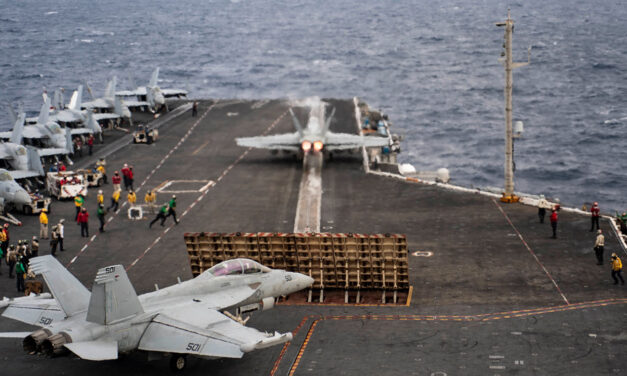1TP5Understanding the sea: Container jumbos with LNG propulsion in Hamburg
The world's two largest container ships currently powered by liquefied natural gas (LNG) have arrived in Hamburg for the first time on their maiden voyage between the Far East and Northern Europe. The "CMA CGM Jacques Saade" moored at Eurogate Container Terminal Hamburg on 8 November 2020, followed by the "CMA CGM Champs Elysee", which entered the Elbe on 7 December 2020. Both ships are around 400 metres long, 61.5 metres wide and have a slot capacity of 23,112 standard containers (Twenty-foot Equivalent Unit, TEU). Liquefied natural gas propulsion is a step forward in container shipping, both technologically and ecologically. In addition to greater energy efficiency, the use of LNG also reduces local emissions. Compared to conventional oil-based propulsion fuels, 20 per cent less carbon dioxide (CO2), 99 per cent less sulphur dioxide (SOx) and soot particles and up to 85 per cent less nitrogen oxides (NOx) are emitted. Noise emissions are also significantly reduced. Nevertheless, there is also criticism of this technology: the production and storage of LNG is very energy-intensive and also highly controversial in terms of its environmental impact. Text: Eurogate/Steffen...
Weiterlesen



Latest comments